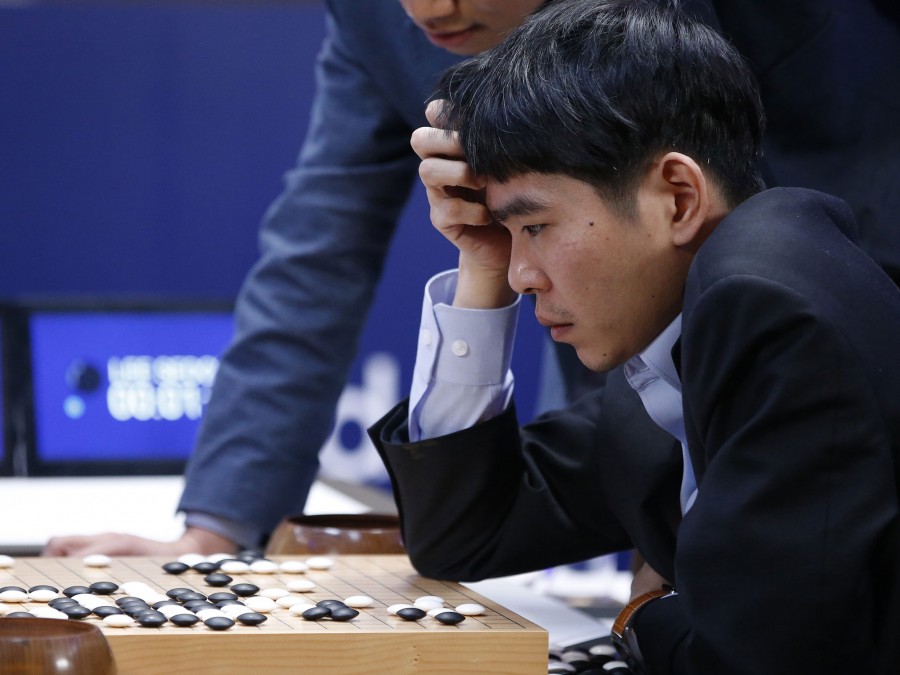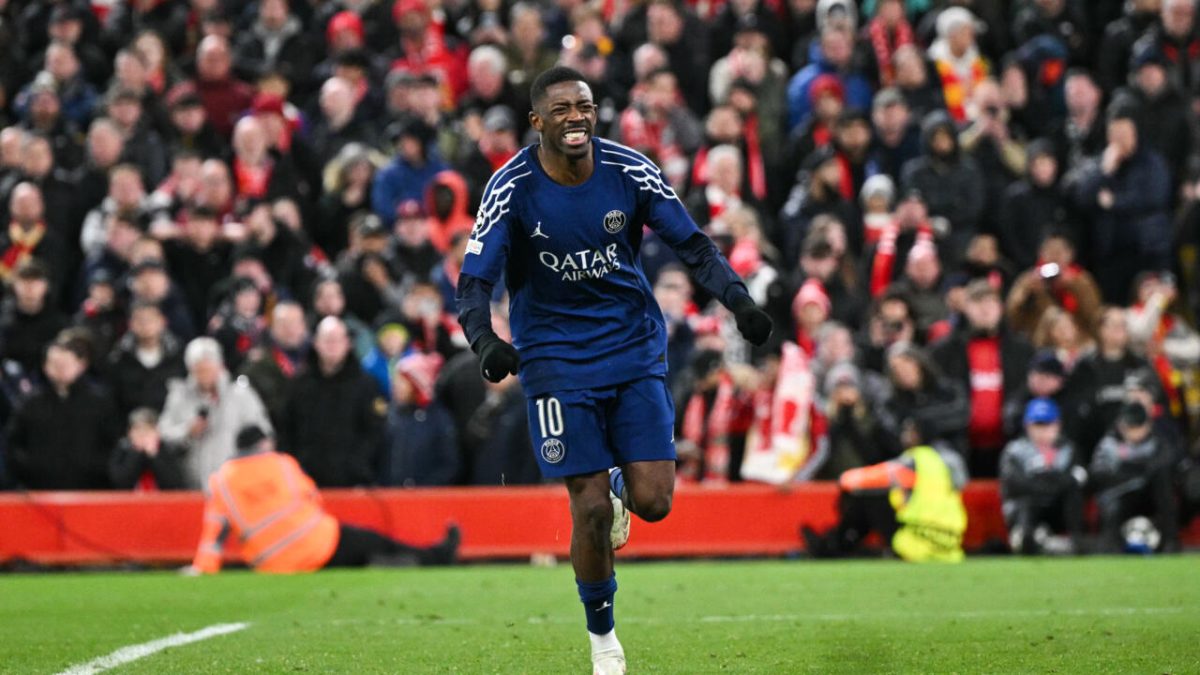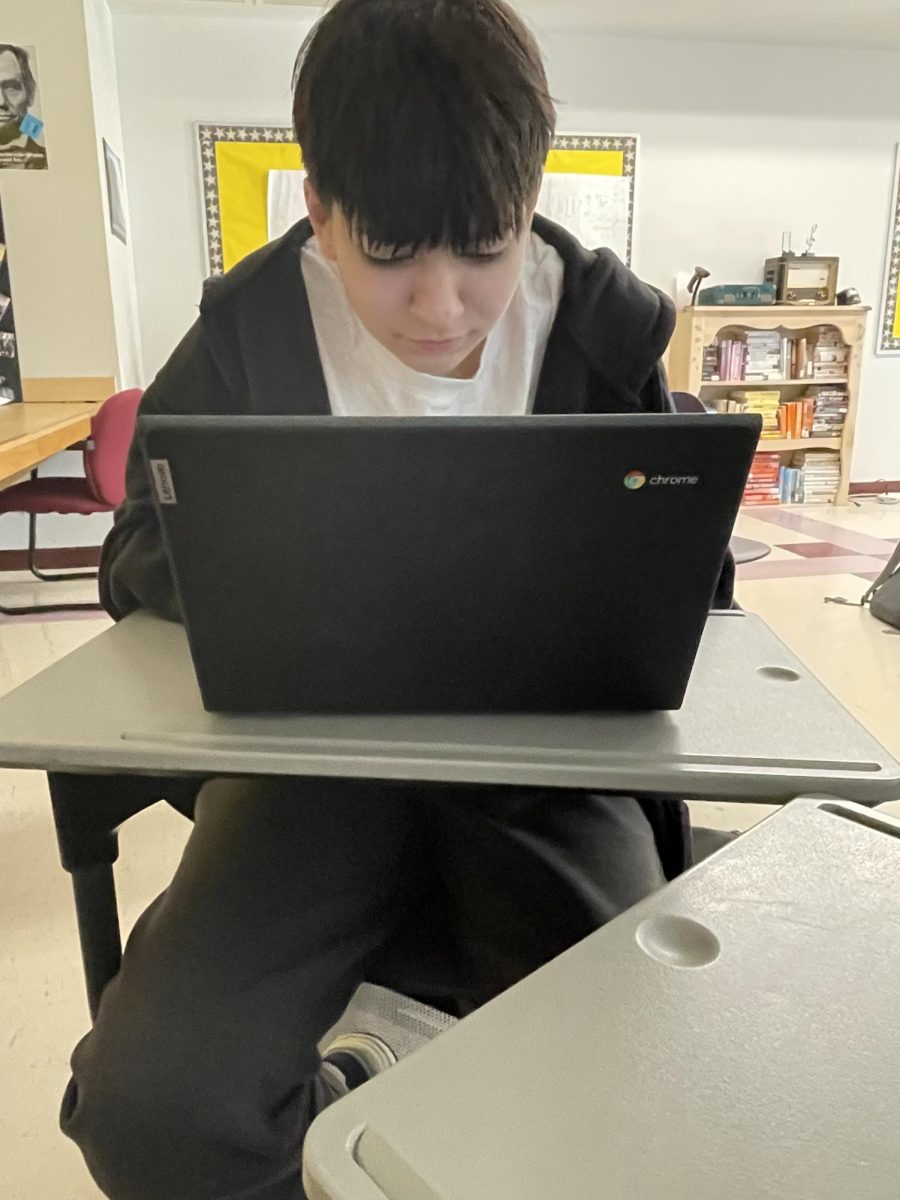Google’s AI Beats World Champion “Go” Player
March 25, 2016
Deepmind, a subsidiary of Google, has achieved a remarkable goal in AI technology. AlphaGo, Deepmind’s AI, beat 17-time Go world champion Le Se-dol in a week-long series in South Korea, winning 4 games out of 5.
Go, a 3,000 year old traditional Chinese game, is an immensely complicated strategy game involving 2 opposing players who attempt to encircle as much territory as possible on a 19×19 game board. The playing pieces, called “stones”, are able to attack opposing pieces and capture territory. While the rules are relatively simple, the huge number of possible moves make the game easy to pick up, but nearly impossible to master.
Lee Se-dol was the certain favorite heading into the matchup, but AlphaGo proved a tougher challenge than expected, ultimately achieving a solid victory over the champion. Se-dol was “speechless” after the victory, as he had actually played at the top of his game for the entire series. Even at the top of his game, Se-dol was still defeated by the AI.
The most remarkable attribute of AlphaGo is that it was not always such a brilliant Go player. It is impossible to code an AI with all of the skills gained from experience, so AlphaGo “learned” how to play the game. Identical to how a human learns, AlphaGo progressively got better at the game through experience. Eventually, the AI was able to predict its opponent’s moves many turns ahead.
While the AI certainly proved to be the better player, it was not perfect in its strategic execution. When the Se-dol started to gain the upper hand in game 4, AlphaGo began making many reckless moves, and mistake after mistake eventually led to Se-dol’s victory. Also, it began game 5 making a critical mistake and had to spend all game fighting back to secure the win.
AlphaGo’s victory reveals the potential power that future AI can possess. This series has demonstrated that AI in the near future may be able to think smarter and faster than humans can, and this advantage is bound to increase as AI develops even further.






